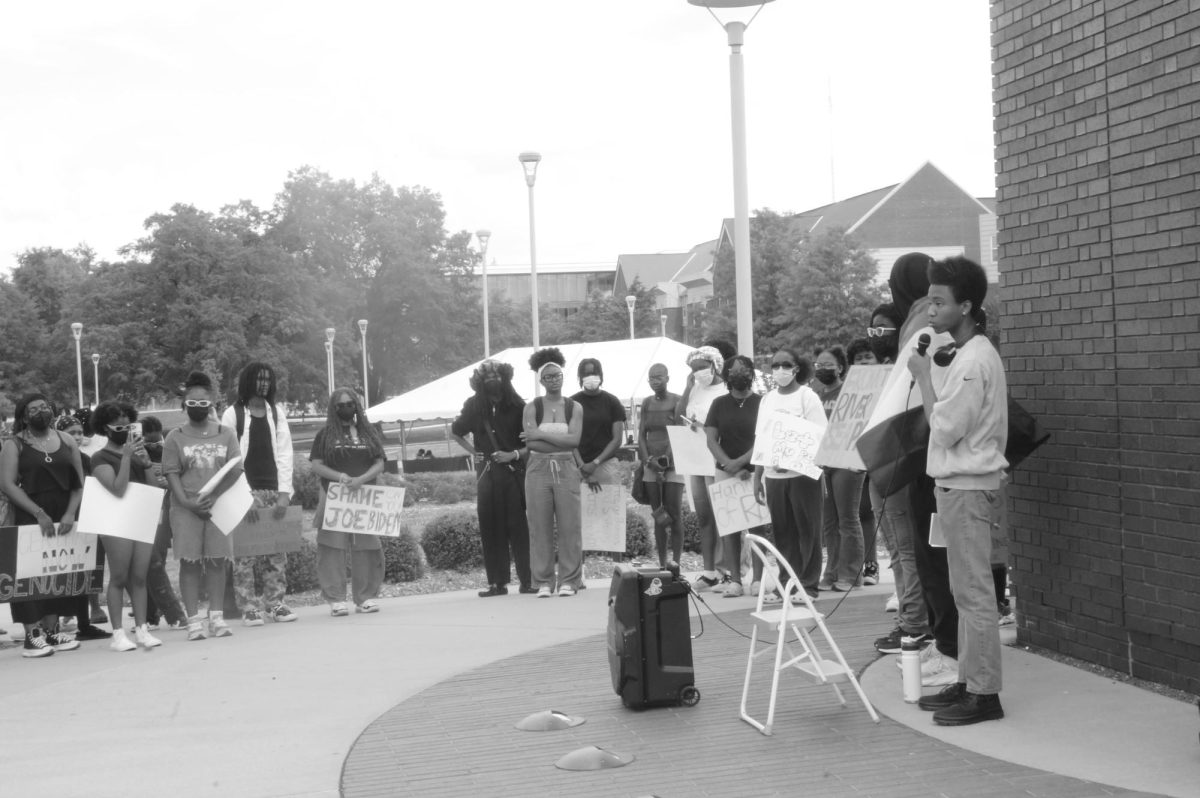House Bill Four has been signed into law by Governor Pat McCrory, slashing unemployment benefits and cutting 170,000 unemployed North Carolinians from the program with no hope of receiving federal aid.
Justifications for this sudden shift in economic policy are flimsy at best, ranging from McCrory’s illogical allegatio.ns on worker migration to the House and Senate’s fiscally questionable explanations of the state debt.
“We had the ninth-most generous unemployment compensation in the country, and we were having a lot of people move here … to get unemployment and then work other sectors and survive,” said McCrory during an interview on NC Spin.
Unfortunately for McCrory’s case, North Carolina’s unemployment law requires residents to be employed in a state for a minimum of six out of the last 15 months to be eligible for benefits.
For a worker to move in-state, find a job and work for six months only to quit their job to receive unemployment benefits is an absurd proposition at best — one that cannot possibly justify the drastic changes brought about by House Bill Four.
Two senators who voted in favor of the bill presented a different angle.
“If the General Assembly had failed to act, the state’s debt would not be paid off until 2019,” said Senate Leader Phil Berger and Senator Thom Tillis in a joint statement issued on Jan. 6.
The bill aims to pay off a $2.5 billion loan from the federal government, given to North Carolina to help maintain unemployment benefits during the economic recession. Taking into consideration the recent cuts, North Carolina is projected to pay back the loan by 2016, a three-year reduction.
However, Professor and Chair of Economics Bob Williams said, “Those who saw benefits cut, cut back on spending and go into their savings or debt.”
This decrease in consumer spending would only further destabilize our state’s already fragile economy.
Josh Weil, president of the Guilford College Democrats club, said that he found the cuts “hard to justify.”
“We will be in debt for a long time,” said Weil. “What about the single mother … or father with three children? What about right now?”
In addition to slashing state unemployment benefits, these cuts also render North Carolina the only state in the U.S. whose residents are ineligible for long-term federal benefits.
“It’s not just a fiscal issue … it was a mean move,” said Williams. “It was basically saying, ‘We are not going to let people get federal benefits.’”
Since the fiscal justifications for these cuts have fallen flat, why were these changes really made?
While there have been allegations that the cuts were motivated by racial factors, I would argue that classism played a much larger role.
By shifting the burden of the state debt onto the unemployed, these cuts reduced taxation on wealthy upper class citizens, bloating economic inequality to massive proportions.
“This decision was part of a whole bunch of decisions that were focused on helping the affluent and harming those who are not,” said Williams.
I, for one, am disgusted by our state’s decision to leave 170,000 people hopeless and destitute, and I hope to see public backlash strong enough to reverse these cuts to unemployment benefits and battle against economic inequality in North Carolina.













Garry Pearson • Oct 23, 2014 at 4:22 pm
Libel: a published false statement that is damaging to a person’s reputation; a written defamation. Article Title: “McCrory *attacks* poor, cuts unemployment benefits”. I’m not sure YOU know what libel means. Representing an opinion disproportionately is one thing. There is zero opinion from the other side of the argument. My critique was ambiguous? I said the article was not objective and gave reasons why it wasn’t. This is stuff they harp on in class. Evidently you don’t need be objective when the narrative is supported by prevailing winds? Please don’t be so asinine.
Ian Schlup • Mar 5, 2014 at 9:18 pm
I’m unsure if you know what libel means.
The reading that I’m getting is that he left a quote incomplete and that human beings exist that disagree with him, and as such he should be admonished for not representing their opinions disproportionately over his own.
Please don’t give unwashed, ambiguous critiques.
Garry Pearson • Feb 9, 2014 at 9:20 am
I understand that this is an opinion piece but you need to learn some journalistic integrity. Using libel and demagoguery to attack the governor shows a complete lack thereof. Where is the other side of the story represented? You have two other opinions agreeing with yours and none to refute. You also left out a piece of the article you took that quote from. The full quote should read: “If the General Assembly had failed to act, the state’s debt would not be paid off until 2019. By that time, North Carolina employers would pay a federal tax of $718.2 million per year rather than the standard $79.8 million per year – threatening existing jobs and making it harder to create and recruit new jobs.” I also understand that there is conflicting information out there and do not pretend to be so naive. That being said, put a little more effort into the completeness of your “opinions” before sending them out to the masses of students who already have a difficult time thinking objectively.